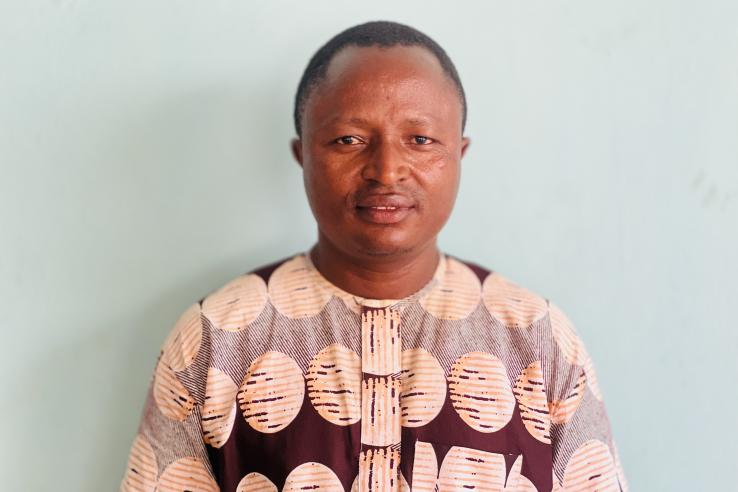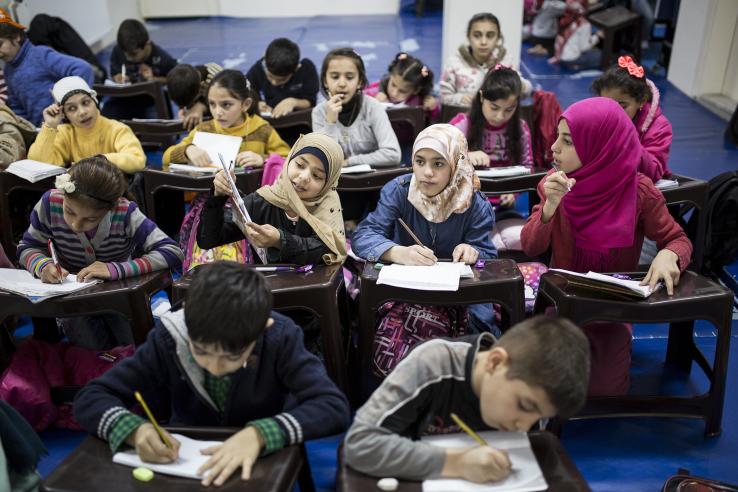Displaying 6811 - 6825 of 8491
Initiative Resource
Initiative projects and documents
Person
Person
Person
Blog
Through our African Scholars Program, we hope to help create more opportunities for African researchers to advance the research agenda on the continent through randomized evaluations. In this spotlight, we speak with Nathaniel Olutegbe of the University of Ibadan in Nigeria.
Person
Person
Yasmine Elkhateeb is a Postdoctoral Research Fellow at J-PAL Middle East and North Africa. She is also an Assistant Lecturer of Economics at the Faculty of Economics and Political Science at Cairo University and a Short-Term Consultant to the Office of the Chief Economist for the MENA region at the...
Resource
Basic page
J-PAL's leadership team guides the organization in achieving its mission of reducing poverty by ensuring that evidence remains at the heart of decision-making. They set strategic direction, foster a culture of rigor and collaboration, and work closely with global partners to translate research into...
Person
Aya Elbahtieny is an Administrative Assistant at J-PAL Middle East and North Africa, where she oversees key office responsibilities.
Evaluation
Researchers conducted a randomized evaluation to test the impact of an in-school remedial education program on student learning in Odisha, India. Both the standard and a version that allowed teacher flexibility improved student test scores without reducing grade- level mastery or affecting the likelihood of passing exams.
Evaluation
To better understand gender inequalities in academic achievement, choice of occupation, and labor market outcomes, researchers studied the effect of teachers’ beliefs about gender roles on student achievement in Istanbul, Turkey. Girls who were taught by teachers with traditional gender views had lower math and verbal test scores, which worsened with longer exposure to their teachers; boys did not experience these effects.
Person

